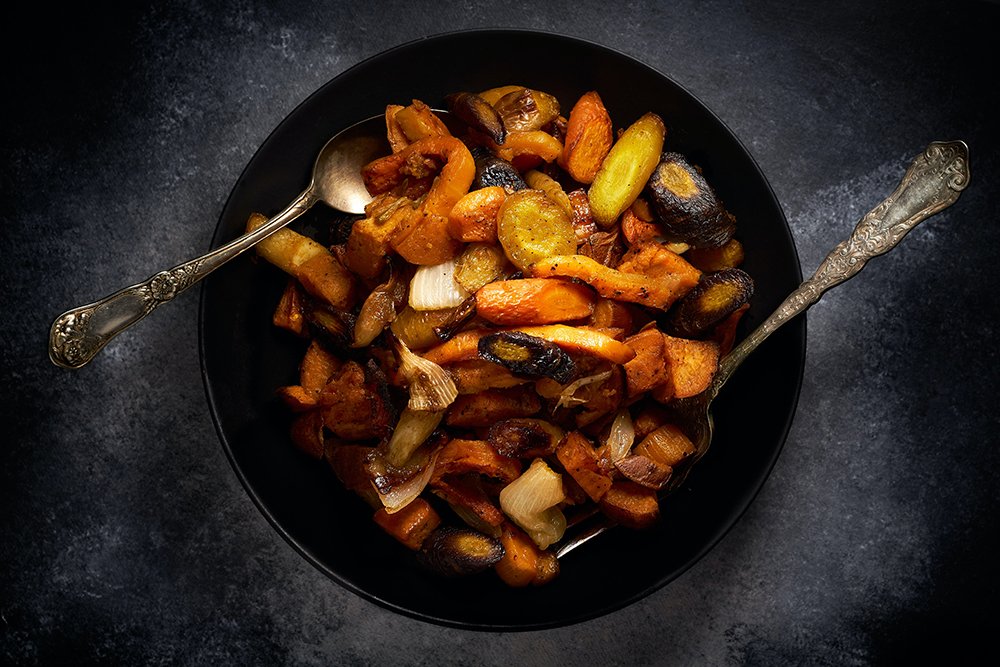Acupuncture & Grief: Part Three
Part Three: Acupuncture & Chinese Medicine For Grief
How To Make Lifestyle And Nutritional Changes To Alleviate Grief
For Part Three of our series, we’ll explore how you can use food as medicine, food therapy, and nutrition to help soothe the pain of loss, disappointment, and sorrow.
(If you missed Part Two of this article series you can read it here: Part Two: Using Movement and Acupuncture for Grief).
Nutrition And Acupuncture For Grief
The unlikely relationship between food and grief may surprise you, but it’s true. You may be extending your grief beyond its natural limits if you aren’t feeding your body in a healthy way.
Let’s look at how nutrition can benefit your grieving process..
The Five Elements in Chinese medicine used for overall health are Earth, Metal, Water, Wood, and Fire. The Metal element is linked to the fall season, grief, disappointment, sorrow, and the Lung and Large Intestine meridians (energy pathways in the body).
Healthy Lung and Large Intestine Qi are required for our everyday functions of respiration (breathing), immunity, skin-mucous membranes, and digestion.
Food Strategy For The Lung Meridian
Health care providers usually don’t tell you this, but it’s no accident when there’s the loss of a loved one that family and friends provide food. It’s not just the convenience of having food available, it’s the warm food cooked with love by that family member that also provides healing.
Warm, cooked foods are good for preventing the metal organs–the lungs and large intestine–from being thrown out of balance. During this time, you should eat less cold, uncooked dishes like salads, icy drinks, and raw foods.
What Foods Should You Eat For Soothing Grief?
Another method to maintain the lung and large intestine channels in balance is to eat according to the season, choose foods that are fresh and clean, organic if possible. Here are some of my best suggestions.
apples
squash
broccoli
sweet potatoes
pears
yams
bananas
cabbage
carrots
cranberries
ginger
pumpkin
cinnamon (also great as a substitute for sugar)
Use Root Vegetables To Affect Your Physical And Emotional Health
I always tell my new patients that baked, roasted, or sauteed root vegetables are delicious during times when the stress hormones are high.
A Sour Taste Can Help The Lungs
It’s a good idea to slightly boost the sour-tasting foods such as sourdough bread, limes, and lemons, grapefruit, pickled and fermented veggies like leeks, azuki beans, vinegar, rosehip tea, and yogurt.
The ancient Chinese also believed that white foods such as onions, garlic, turnips, radishes, daikon, cabbage, pears, and other such foods are thought to be protective of the lungs.It’s a good idea to slightly boost the sour-tasting foods such as sourdough bread, limes, and lemons, grapefruit, pickled and fermented veggies like leeks, azuki beans, vinegar, rosehip tea, and yogurt.
A Word About Dryness And Hydration
To operate properly, the large intestine and lungs must be moist. As a result, drinking a lot of water is essential. Patients are aware of how crucial it is to keep hydrated during the summer months, but it’s also important during times of grief.
The skin, which is governed by the lung meridian, can become dry and cracked if it isn’t adequately hydrated. The large intestine meridian requires adequate hydration to remove any pathogens that may have entered the system.
Food And Mood: Not ‘letting Go’ Can Affect Our Health
Food definitely affects your emotions. The Metal Element is linked to attachment and boundaries from an emotional standpoint. The Lungs and Large Intestine are part of our internal organs that come into direct contact with the outside environment (breathing in outside air, and eliminating useless pollutants from the body).
When our Metal Element is balanced, we are able to connect with others in a healthy and beneficial way. We can also grieve appropriately and let go as needed when the time for that connection has passed or is no longer useful.
Breathe To Grieve
Although it’s hard, it is essential not to repress sadness when things change or are lost, but to allow it to flow and process it (i.e. let the tears flow, talk about it, journal about it, perform rituals, meditate, even watch sad movies to allow yourself to cry).
Breathing long, deep oxygen-rich air with presence can also assist us in clearing the emotion of sadness that we might be carrying within. More people who have constipation often have problems clearing their coughs and other respiratory issues.
How To Nurture Your Metal Element In The Time Of COVID-Related Grief And Loss
Whether you are in the treatment room or out in the wild with your families and children, we all witness everything around us changing rapidly, there is a shared sadness/loss on a community and global level.
Since the beginning of the pandemic, we’ve all felt loss. Our sense of security, predictability, and control, as well as the loss and protection of not only our loved ones but also society as a whole.
The energy of the lungs is about establishing limits, defending boundaries, and “letting go.” This is a wonderful moment to let go of anything that we may be hanging on to in order to make room for development and recovery.
Summary Of Part Three
To my patients, I often describe that grief comes in waves. It’s important to remember that grief is a process, sometimes you feel you are A-ok, then the next moment it’s a punch in the gut. Focusing on the present moment can be one of the most compassionate things you can do for yourself and others. By being grounded in the “now” you can let the emotions flow through, release, and heal..
Let’s be honest, grieving sucks. We may provide relief and help ease some of the distressing periods during the grieving process of losing a loved one by using Chinese medicine techniques, movement, and food therapy..
I’ve used acupuncture to help in so many ways including helping someone sleep better, improve their mood, helping them with their appetite, and also protecting their immune system during this sensitive time- all of which have to do with grief, disappointment, or sorrow.
Want some support? There are other ways to cope.. Check out parts 1 and 2 of our blog series or join our online community: Vibrant Living with Dr. Brooke Foreman






